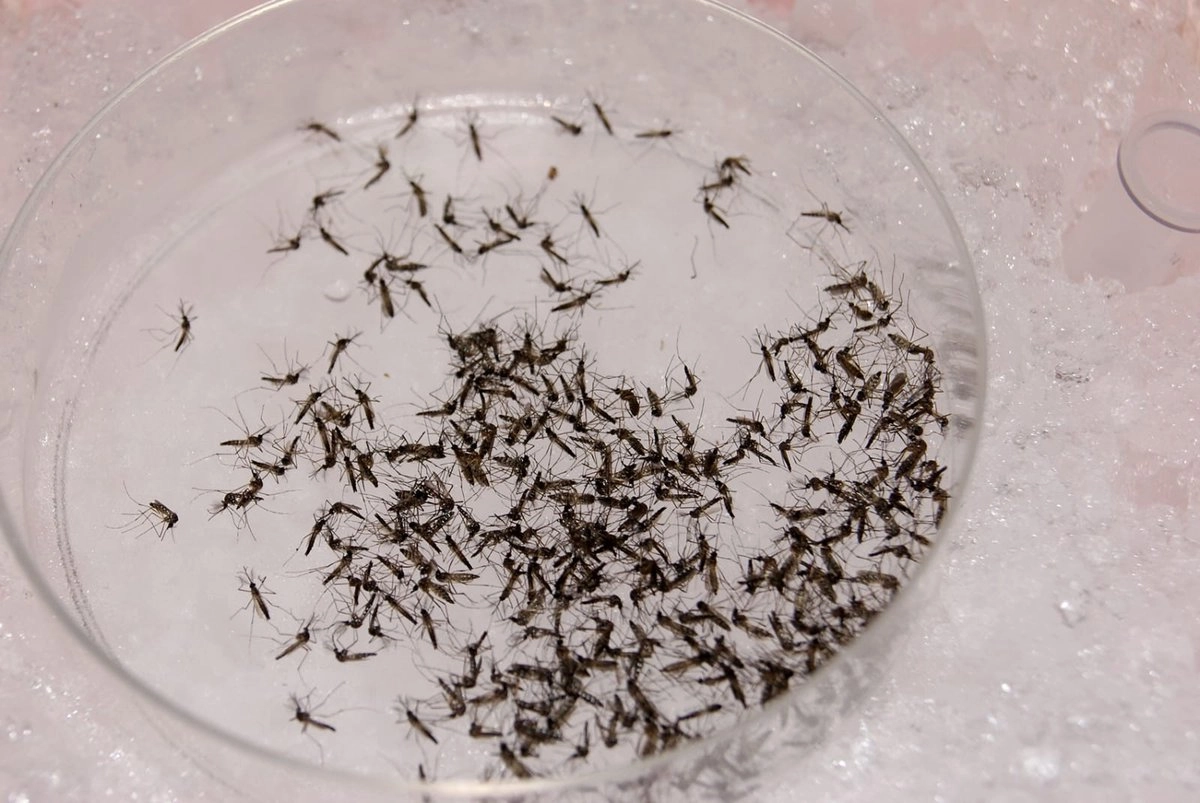The Government of Yucatán officially inaugurated its new “Good Mosquito Factory,” designed to breed millions of Aedes aegypti mosquitoes carrying the Wolbachia bacteria — a groundbreaking strategy to reduce mosquito populations and eliminate their ability to transmit dengue, Zika, and chikungunya viruses.
This initiative also marks the launch of Mexico’s National Strategy for the Control of Dengue and Other Arboviruses, aimed at strengthening nationwide prevention and control efforts for vector-borne diseases.
According to Mexico’s Ministry of Health, Yucatán reported 41% fewer probable dengue cases and 38% fewer confirmed cases between January and October 2025 compared to the previous year, following experimental implementation of this method.
The model follows international success stories such as Brazil, home to one of the world’s largest mosquito factories, capable of producing 190 million mosquitoes per week.
At the inauguration, held at the Autonomous University of Yucatán’s Biological and Agricultural Sciences Campus, state officials emphasized the importance of scientific research and technological innovation in protecting public health.
The facility will also supply other Mexican states as part of the national health policy announced by President Claudia Sheinbaum, who endorsed the expansion of this method nationwide after positive results in Yucatán.
Governor Joaquín Díaz Mena announced that, with an additional 10 million pesos in federal support from CENAPRECE, Yucatán can now produce millions of “good mosquitoes” to share this innovation across the country.
“Today, Yucatán leads the way in innovation to fight dengue, Zika, and chikungunya, protecting the health of all,” Díaz Mena said.
Carlos Melo, emergency adviser for the Pan American Health Organization (PAHO) in Mexico, praised the program as a global example of innovation in public health, while Rafael Valdez Vázquez, director of CENAPRECE, explained that mosquitoes infected with Wolbachia lose the ability to transmit these viruses — marking a revolutionary step in disease control.



